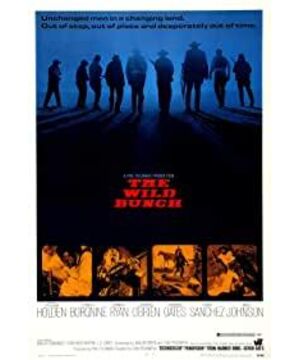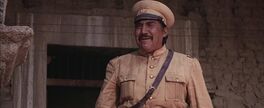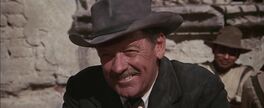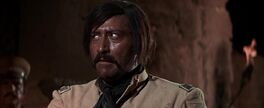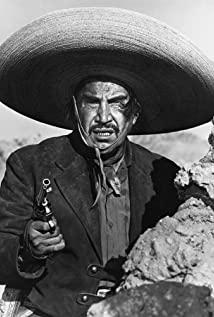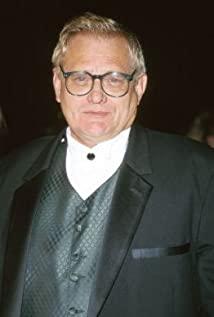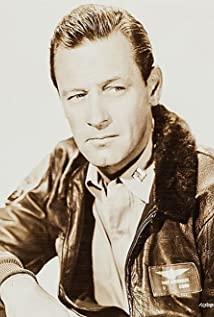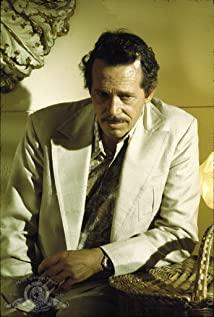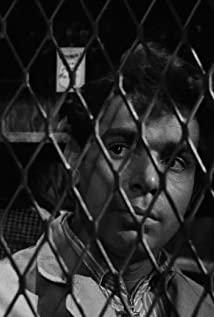Let me talk about the classic gunfight at the beginning of the movie. It suddenly subverted the audience's view of justice and evil. The director deliberately made the party playing the gangster in the movie appear to be more disciplined and sophisticated (more like a well-trained police officer, (even wearing uniforms that look like military equipment in this scene!), while their opponent bounty hunters are dressed in a trivial manner. He is not very skilled, but he always fights in the nest. (Except for the lead brother Deke Thornton) The most important thing is that the two sides do not treat the innocent people within their firepower range as human beings, and shoot them at will! The movie is set at the beginning.
I’m down on the theme of the movie that condemns violence with violent expressions. Now I want to talk about my views on the important elements of the film (I will express my views on some other film passages).
Religion: I believe that this is caused by many The factors that the audiences who watched this film overlooked, in fact, its position in the film is quite important. The team that promoted the prohibition of alcohol through the shootout at the beginning of the film is the one who was killed for betraying the gang member Angel. The procession of women holding religious masses is permeated with a strong sense of religious redemption. In fact, Sam Peckinpah is a director who is deeply influenced by religion. He himself said that he is familiar with the Bible. But I believe that he was an ordinary soldier in the second time. There was too much blood and too much "unreasonable violence" on the battlefield of the World War, so these complicated life experiences made him have a strong disappointment in this real world, which was then shown in his movies.
Woman: Seriously, I don’t know how Sam Peckinpah has been stimulated by women in life. If women are synonymous with weakness in the films of Sergio Leone (Director of "Once Upon a Time in America"), then the women in Sam Peckinpah’s films are It is synonymous with licentiousness and betrayal. Gang boss Pike Bishop was shot deadly by an unknown prostitute. (And it was shot from behind!) Angel was betrayed by his mother, so she died!
Man: Sam Peckinpah built a rich and colorful world of men in his movie. Pike bishop is the most complicated one he portrayed in this movie. He will kill his companion in order to escape the hunt faster. In order to divert the attention of his pursuers, he would give up rescuing his companions. But his ending was for the so-called friendship, and took his own life. Deke Thornton is another interesting character. The audience knows that he is as strong as Pike bishop, but he is forced to be a comrade-in-arms with a mob and embark on the road of hunting down Pike bishop. But until Pike bishop was killed, he didn't get a chance to shoot, he was the so-called "lonely master". I believe that Pike bishop and Deke Thornton are both characters with the shadow of the director himself. Pike bishop represents the complicated side of the character, and Deke Thornton represents the "lonely master" side. (Sam Peckinpah thinks that he is not understood and recognized by the world)
Child: I don't think the director wants to express the idea of "the child's body is a violent factor" in the movie. In fact, on the contrary, the director believes that children are victims of adult violence. It is because of their ears and eyes in the violent world of adults that their supposedly pure and innocent souls are polluted. All of my little messengers let me deepen this view.)
Warmongers and careerists: Although the director does not pay much attention to such people, it is clear that the director believes that these talents are the cause of violence in this world. At the beginning, the guy who hired Deke Thornton as a bounty hunter can be said to be a war monger in another sense. He let others risk killing for him without taking any risks and collecting commissions. The director used Deke Thornton to say that he was disgusting. The bloody storm at the end of the movie was caused by Pike bishop's sudden shooting at the Mexican general's German adviser (a standard warmonger and careerist). Obviously this shot was shot by Pike bishop for director Sam Peckinpah.
Indians: Indians in this movie represent a so-called uncivilized world that is different from the reality of modern human society, a dreamlike world that is not polluted by violent culture (they only use violence to deal with those who hurt them) (This is also reflected in Oliver Stone's "Born Murderer")
An Indian companion in the Pike bishop group is the only one who insists on the "principle of justice" that the director believes in the film. (Regardless of the stakes, kill the woman who betrayed him, and the general who killed his fellow Indians. It's really the so-called revenge. Another point is that his name is Anger (angel) and he is a
Pike bishop gang in the movie. When passing through Indian tribal areas, the Indians used violence against them only because they mistakenly thought that Pike bishop and the gang wanted to harm themselves with looted weapons. (It means that they never actively use violence to hurt others, and only use violence to deal with those who want to hurt themselves. People.) Just like a song sang, "Friends come and have wine, jackals come and have shotguns." They also took the initiative to save Freddie, who was abandoned by Pike bishop. At the beginning of the movie, an Indian tribe Although they knew that the Pike bishop group were robbers, they warmly treated them. When Pike bishop and the group left this Indian tribe’s village, with the heart-warming music, the people of the entire Indian tribe showed off them and really stayed behind. I have never forgotten in my mind for a long time. I think in Sam Peckinpah's mind, these Indians really have a "golden heart".
View more about The Wild Bunch reviews


